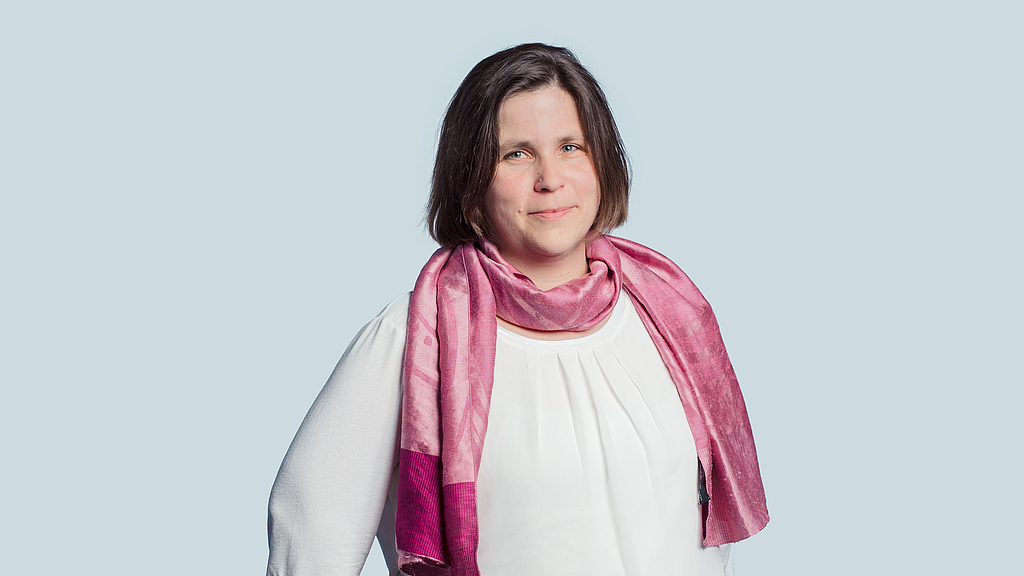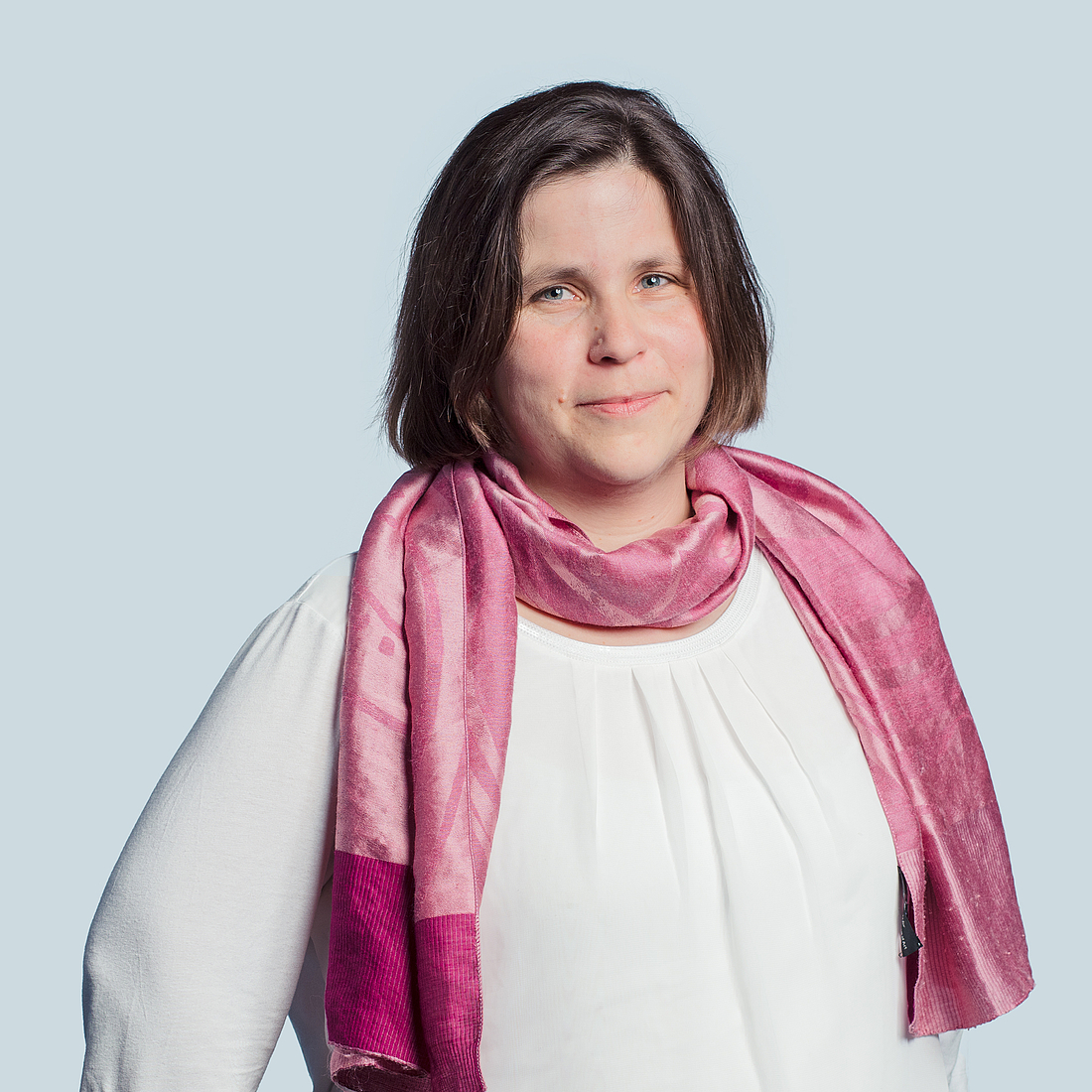Prof. Dr. Ruth Schilling is the new Managing Director of the German Maritime Museum
Prof. Dr. Ruth Schilling is the new Managing Director of the German Maritime Museum (DSM) / Leibniz Institute for Maritime History. This was decided by the Foundation Board, the supervisory body of the museum in a special meeting at the beginning of February.
"With Prof. Dr. Schilling, an experienced scientist is taking over the provisional management of the German Maritime Museum," said a delighted Dr. Claudia Schilling, Chair of the DSM Foundation Council and Bremen's Senator for Science. "Ruth Schilling has already been closely associated with the museum as a cooperating professor since 2014 and has played a significant role in shaping its professional development since then. As acting executive director, she will set the necessary course toward Leibniz evaluation, but not only that. She will also identify the potential that lies in the museum fleet for the further development of the museum and integrate it into the overall concept of the house."
The 45-year-old historian previously headed the two scientific program areas at the DSM. As senior curator at the DSM, she has also been responsible for major exhibition projects such as the redesign of the Kogge Hall and several successful special exhibitions. She also teaches the subject of communication of museum-related history of science at the University of Bremen. Schilling succeeds Prof. Dr. Sunhild Kleingärtner, who left the museum effective January 20 to pursue new responsibilities after a research stay in the United States.
The new DSM director is looking forward to the task: "I know that I am taking over the management of this museum in challenging times. But I also know how much potential there is in this museum, in its staff and its collection. Together, we are working flat out on new exhibition projects and are very much looking forward to making them accessible to a broad audience." Participation within the house and in dealing with museum guests - that is particularly important to her: "Our house is facing great tasks, which we can only master if our team stays on course and continues to hold together well."
As an exhibition organizer, Ruth Schilling focuses on reaching a broad audience. "Museums are anchor points - especially in a time that is becoming increasingly confusing." She therefore recognized the value of Citizen Science - citizen science - early on and was the first museum in Germany to design a scientific volunteer program in this area at the DSM. In the meantime, this approach is reflected in several projects at the museum: in provenance research, information from the public on looted property from the Nazi era is being processed, the exhibition project "Open Histories" asks about the origin of colonial objects, and a new research project will soon investigate the attitude to life of people in coastal cities.
Ruth Schilling now manages the DSM as one of eight research museums of the Leibniz Association nationwide: "Research is not an end in itself for us at the DSM. It has the goal of becoming visible in exhibitions," she says. Research and museum - that is a combination that is also reflected in her curriculum vitae. Even before she started at the DSM, she designed several exhibitions in Berlin and Brandenburg as a curator and worked as a senior researcher at the Institute for the History of Medicine at the Charité in Berlin.
Born in Berlin, she has known the DSM since her childhood. Her father comes from Bremerhaven. As a result, she spent many vacation weeks with her grandparents in the maritime city as a child and was fascinated by maritime history from an early age. Experiences that still shape her today: "Ships and other maritime objects hold lots of exciting stories full of life. Stories of man and the sea that are worth exploring and telling in exhibitions. This is a task that never ceases to excite me."


